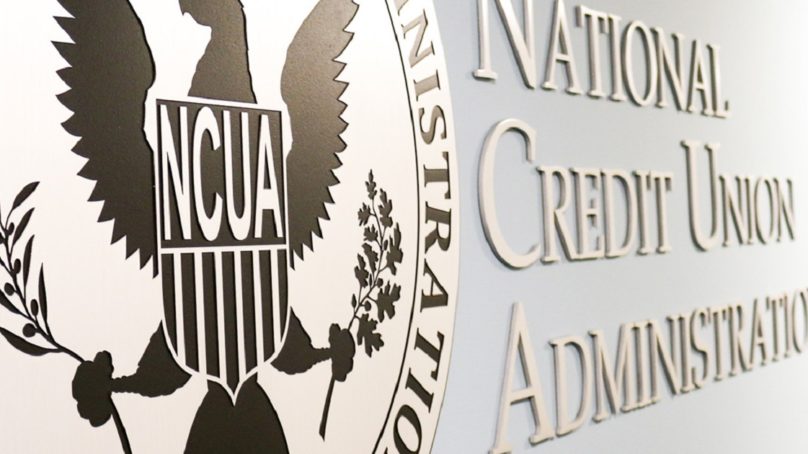
The National Credit Union Administration is beginning the work of developing its 2026-2030 Strategic Plan. NCUA Board Chairman Kyle Hauptman recently invited stakeholders to provide suggestions and feedback to aid in developing the plan.
The Strategic Plan, which was last published in March 2022 with a message from then Chairman Todd Harper, dives into the operations and initiatives the NCUA will focus on during the upcoming four year period, and how it should allocate its budget.
The development of the upcoming plan will be particularly interesting as first, current Chairman Kyle Hauptman’s term is set to expire in August 2025, with no indication yet from the White House of who will succeed him. Secondly, Mr. Hauptman is currently serving as the lone board member after President Trump fired board members Todd Harper and Tanya Otsuka in April. And thirdly, the NCUA is currently undergoing some staffing downsizing as part of the voluntary separation program, which was approved by the board on March 21st.
As reported by CUSO Magazine last week, the NCUA reports that over 250 employees have enrolled in the program, putting the agency on track to meet its goals and providing $75 million in payroll savings for 2026.
A sizeable reduction in the work staff will similarly mean many of its past goals or initiatives will be abandoned as it focuses on its core mission. Said Hauptman, “The NCUA leadership team and myself are equipped with the required authorities to continue protecting the system of cooperative credit and its member-owners through effective chartering, supervision, regulation, and insurance.”
With respect to the NCUA’s 2026-2030 Strategic Plan, Hauptman has encouraged credit union stakeholders to provide input on what they feel the NCUA could do better, what’s not creating value, and what’s “overly burdensome.” Those interested in providing feedback can do so by emailing AskNCUA@ncua.gov, which will be considered not only in the development of the strategic plan, but also the NCUA’s 2026-2027 budget—a budget that had ballooned over the past decade to the chagrin of the industry.































































